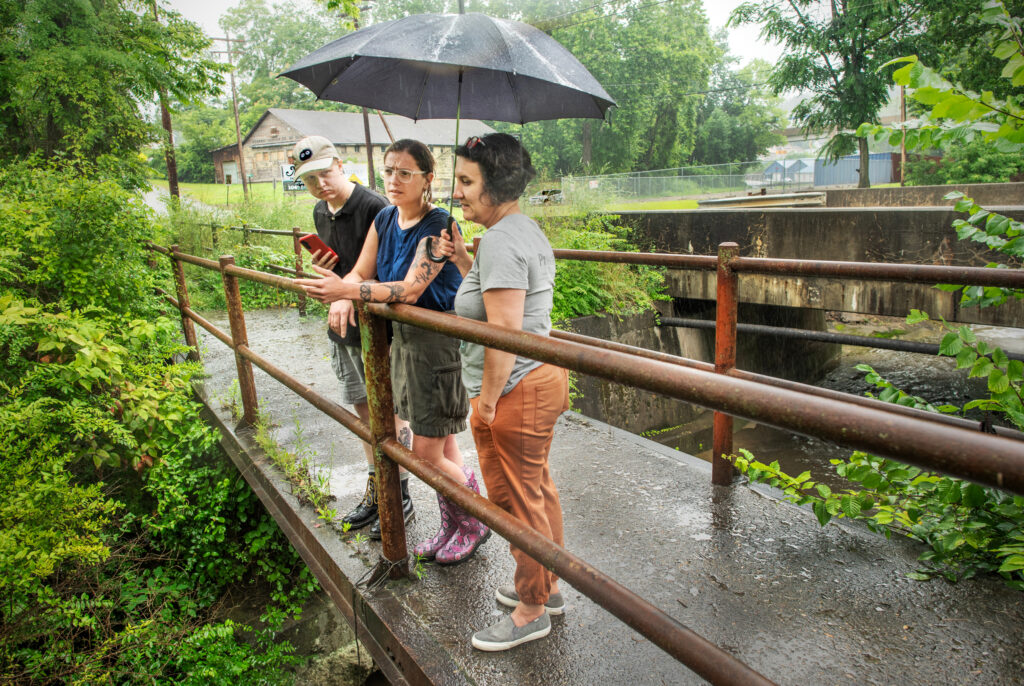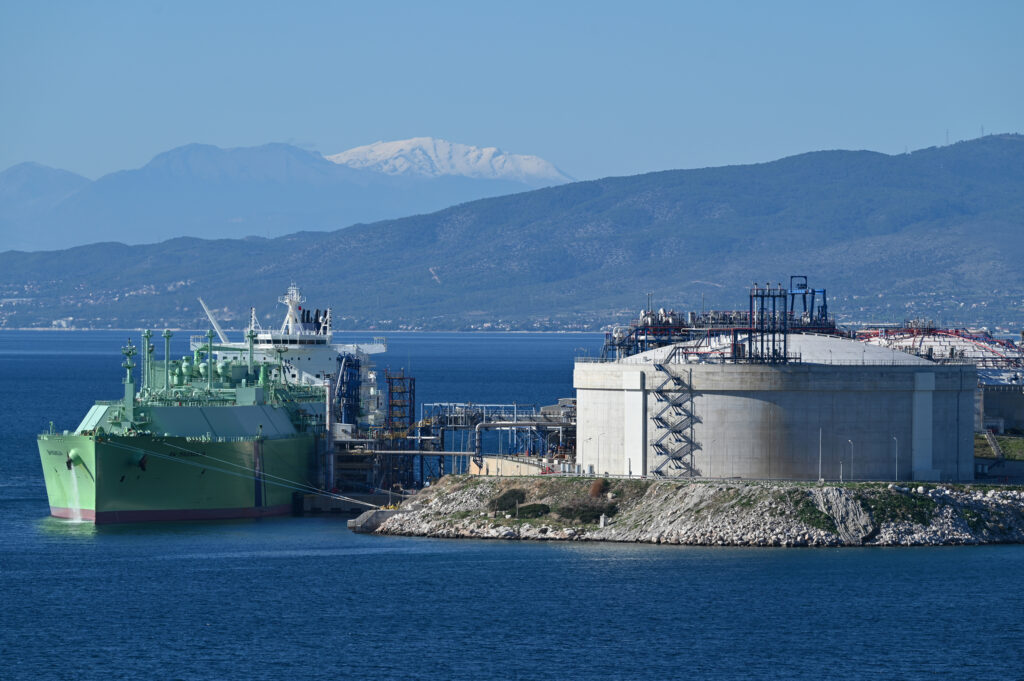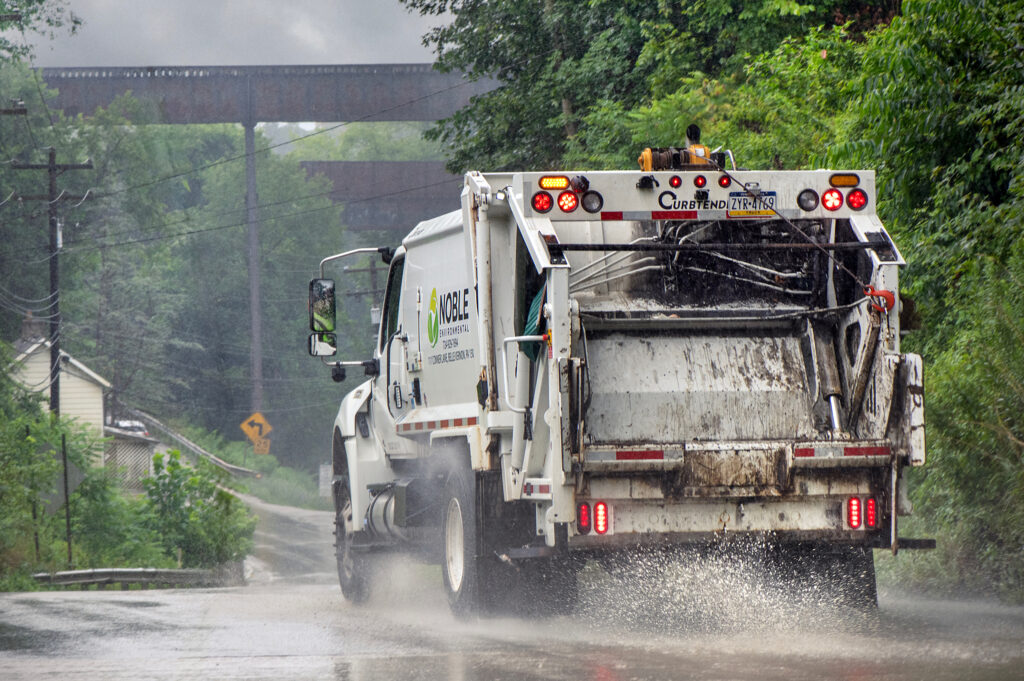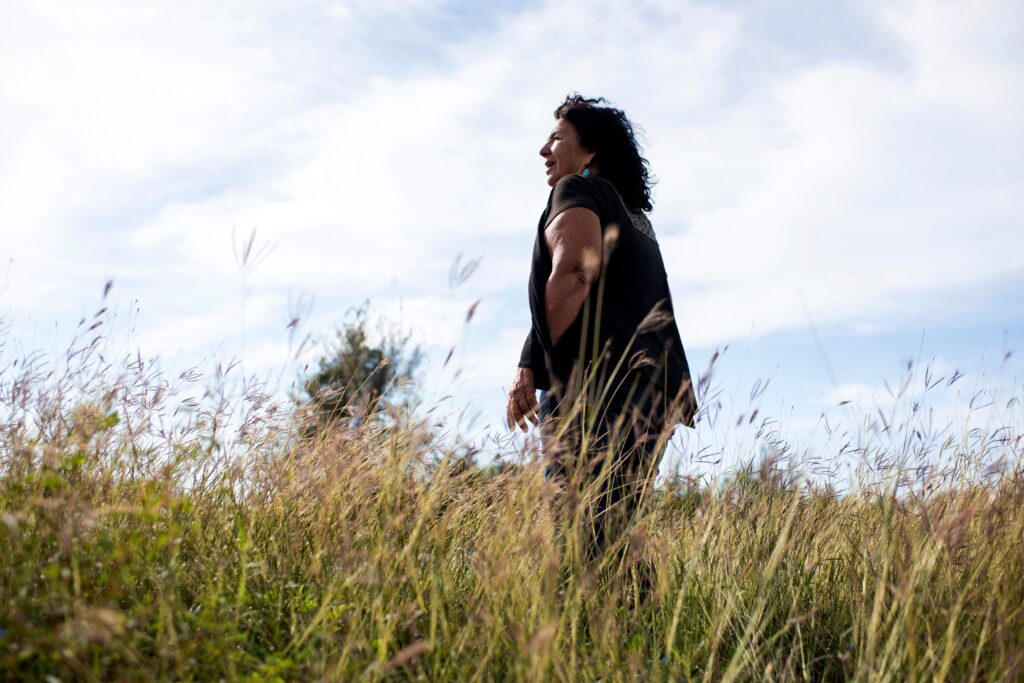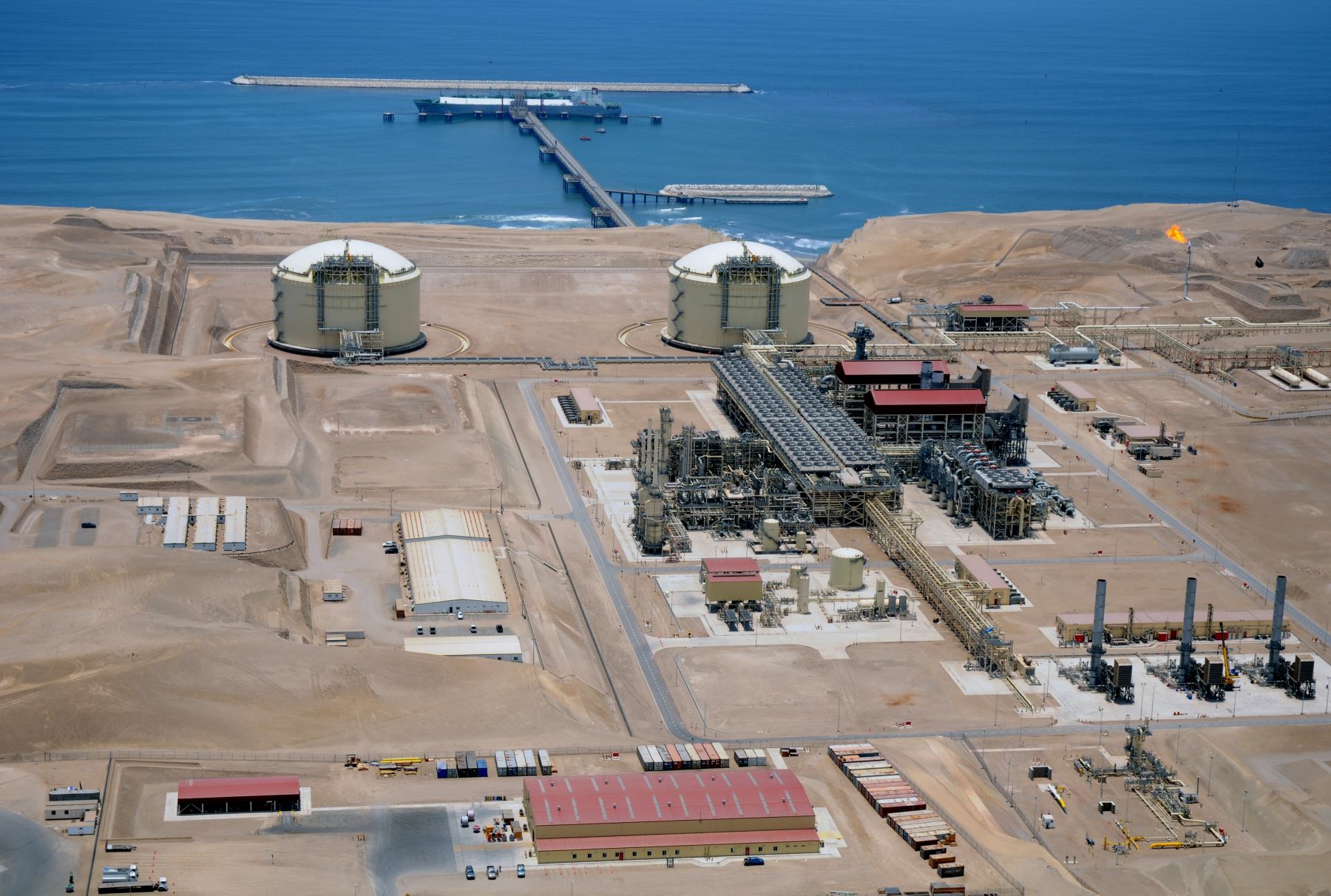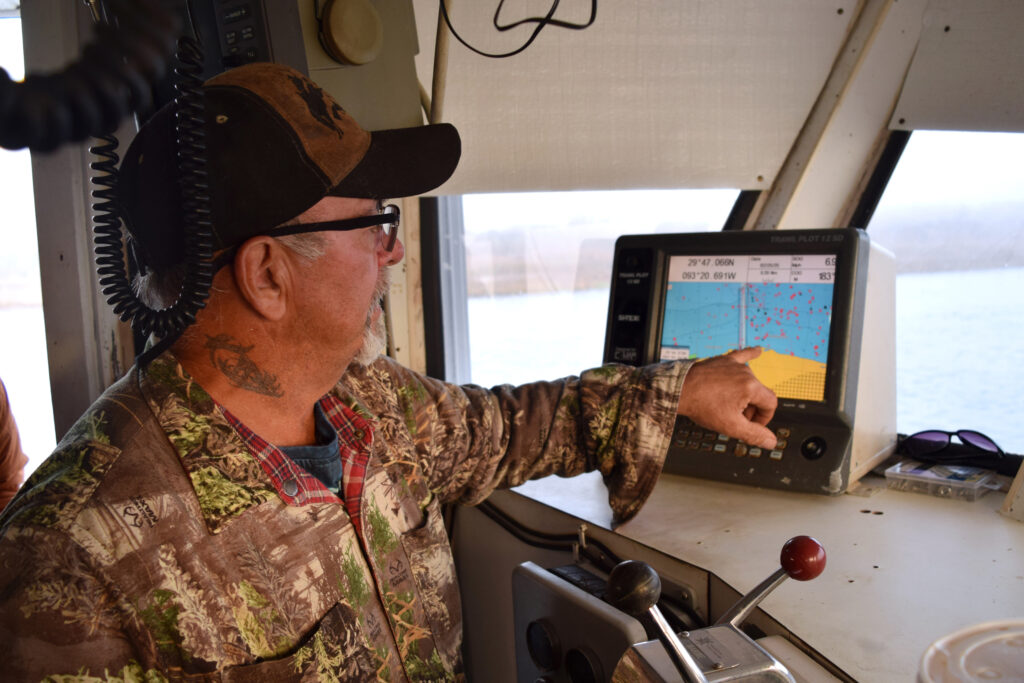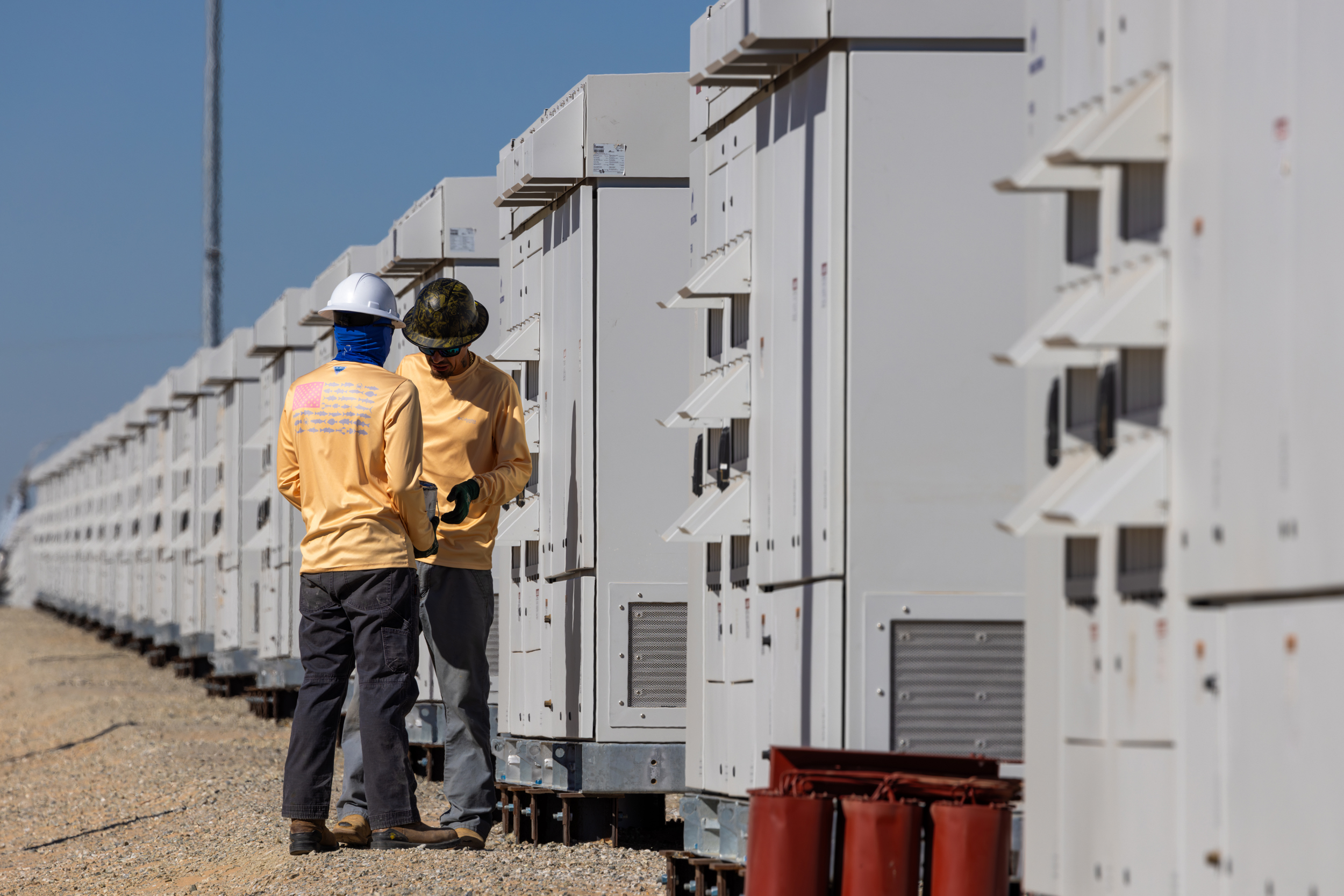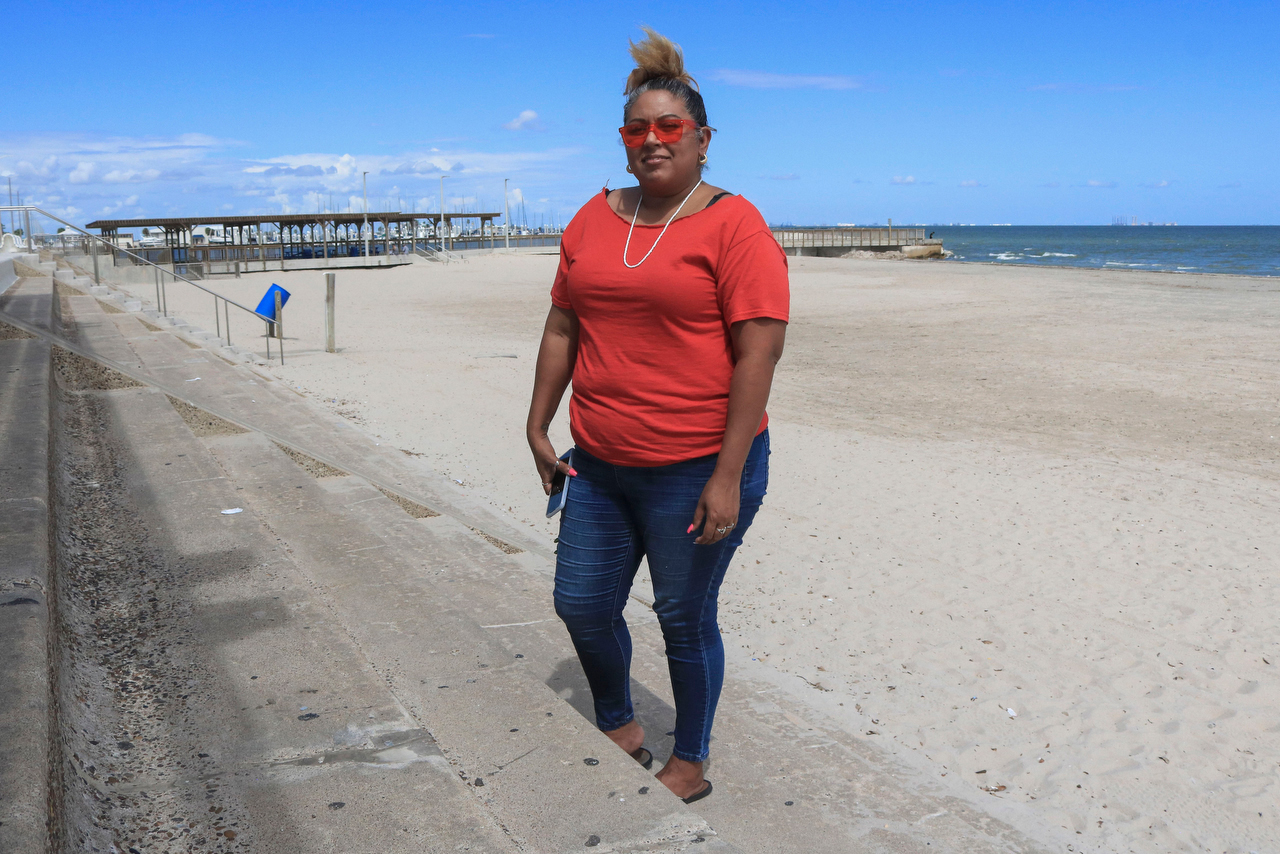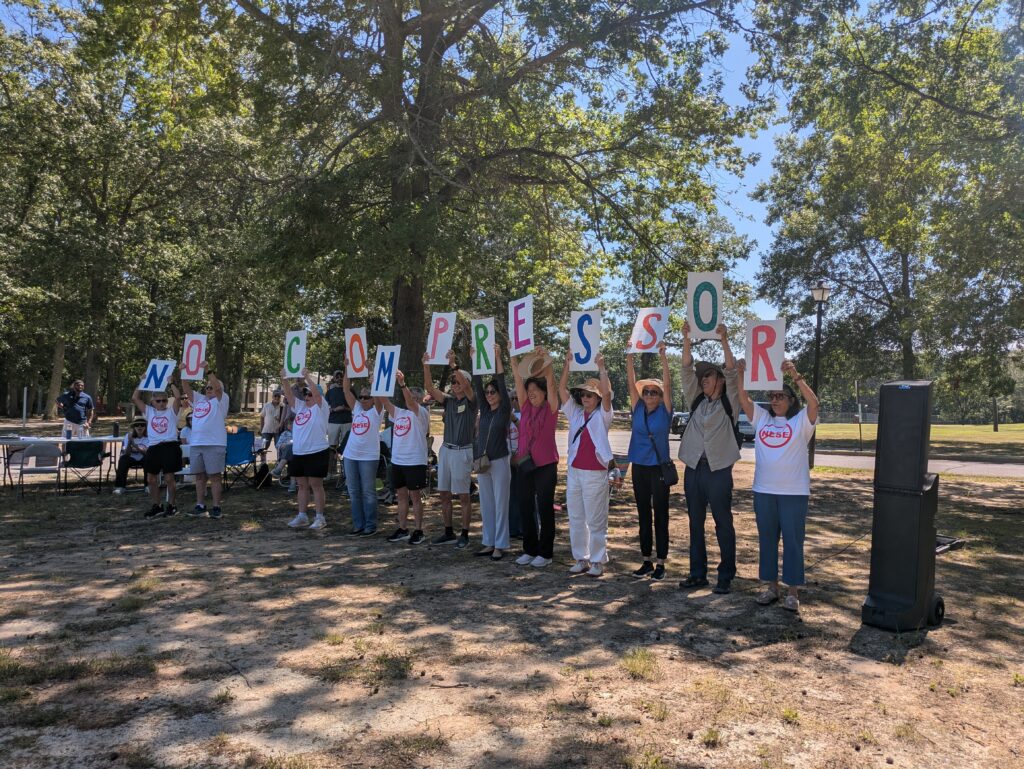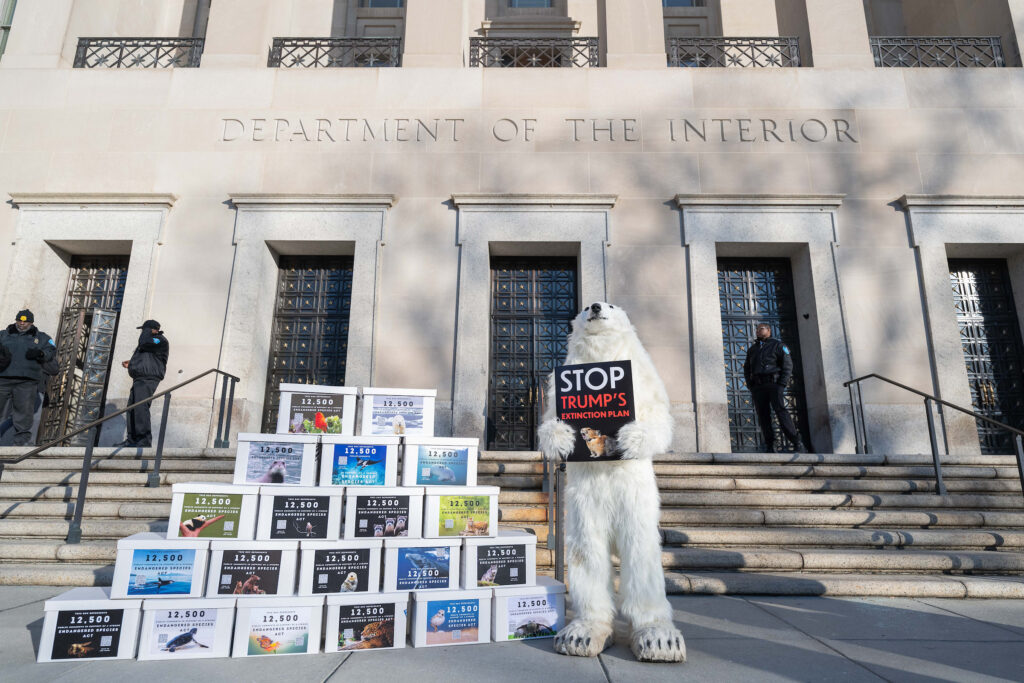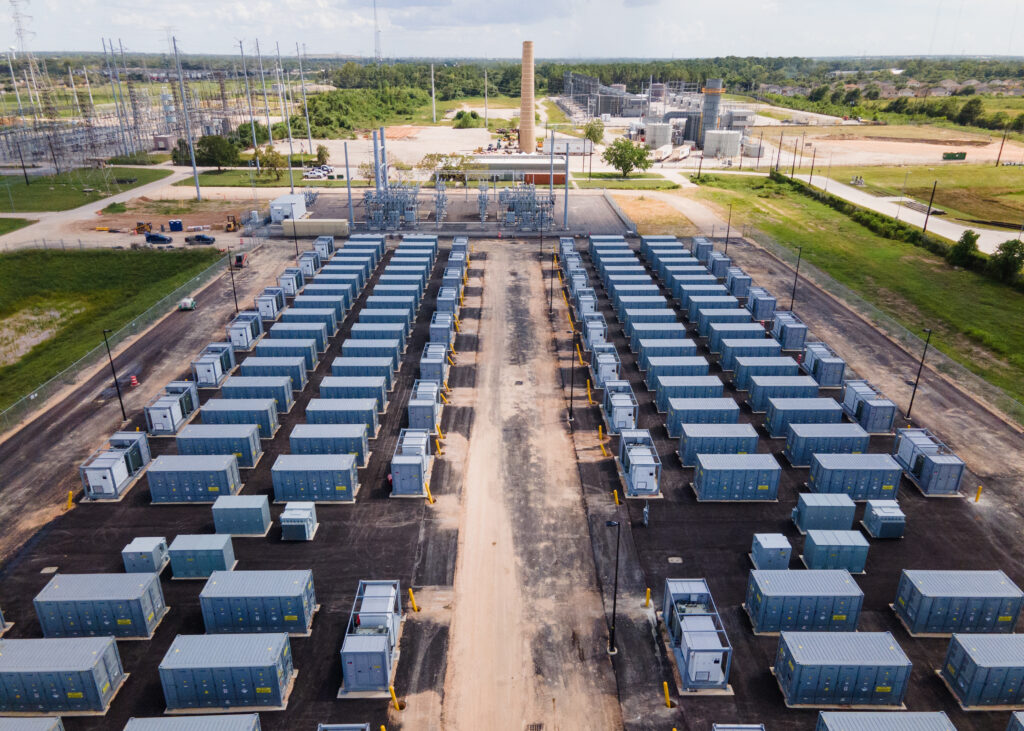The Department of the Interior announced a proposal last week to cancel its protections of 13 million acres of Alaskan land inside a previously created reserve.
More than 40 Indigenous communities rely on the acreage in question for clean water and critical subsistence resources like caribou, fish and other wildlife. Indigenous people have occupied the lands inside the reserve for millennia. Protected public lands have grown increasingly important at a time when changing climate conditions have destabilized life in the Arctic.
The announcement came last week as the state’s Republican governor, Mike Dunleavy, headed up the Alaska Sustainable Energy Conference in Anchorage. He was joined by Energy Secretary Chris Wright, Interior Secretary Doug Burgum and EPA Administrator Lee Zeldin. The federal officials spent days touring Alaska, including visiting the North Slope, where much of Alaska’s drilling and mining is focused.
While some communities appreciated the cabinet members’ visit to the Arctic and the economic opportunities that increased resource extraction may bring, others worry about the negative effects it could have on their lives and livelihoods.
We’re hiring!
Please take a look at the new openings in our newsroom.
See jobs
“ They want to come in and create pipelines and drill and mine and extract and log. We are the ones who will be most greatly impacted,” said Rochelle Adams, director of the Yukon River Protectors, an Indigenous nonprofit organization. “ We’re gonna have the health impacts, and we’re gonna have the medical costs and responsibilities, and we’re going to have bury our loved ones.”
The proposal would rescind the 2024 Bureau of Land Management (BLM) rule that increased protections of designated “special areas” of Alaskan lands to limit oil and gas development and protect subsistence resources. The rules affect what is called the National Petroleum Reserve in Alaska (NPR-A), which includes 23 million acres of BLM land, of which 13 million acres are special areas due to their wildlife, recreational and subsistence value.
The proposal is open to public comment until August 4, 2025, and is published in the Federal Register.
During the conference, Dunleavy, already 6 feet, 7 inches tall, was seated on stage in a chair with markedly higher legs than the other speakers, and he physically towered over the conversations throughout the day. From this perch, he joined other Republican speakers emphasizing party slogans, including “Make Alaska great again” and “unleashing energy dominance,” and referred to President Donald Trump’s executive order on Alaska energy from January, in which he promised to “immediately reverse” the Biden administration’s restrictions.
“We were sanctioning Alaska more than we were sanctioning Iran,” said Burgum. In a large ballroom with hundreds of attendees, Trump’s cabinet members condemned Biden’s conservation efforts and promised rural Alaskans more energy, jobs and infrastructure.
There are 229 federally recognized tribes in Alaska, and Alaska Natives are divided on the issue of continued development of the fossil fuels that have been a foundation of the state’s economy.
“ How are we ever going to have more development and infrastructure when we can’t even accommodate what we have in these communities already?” said Deilah Johnson, tribal resources director for the Village of Solomon, who was a speaker on rural Alaskan energy.
She said she supports renewable energy and efficiency measures over fossil fuels. She explained that building out infrastructure in Alaska holds unique challenges, such as short building seasons; expensive materials, labor and shipping; and difficult environmental conditions. These factors already hold back existing communities from growth and safe housing for its current residents.

Another speaker, Mayor Josiah Patkotak of North Slope Borough, said that getting communities plugged into the natural gas pipeline instead of drums of diesel would be life-changing. He praised the cabinet members’ overnight stay in his community and said the previous administration had flown in, “had the town hall meeting [and] flew out.”
Dunleavy said public opinion is on the side of the administration, both in Alaska and nationally. His introductory morning talk was followed by a presentation from Matt Larkin of Dittman Research, an Alaska-based polling company. Larkin shared results that said 77 percent of Alaskans supported the construction of a natural gas pipeline, and 61 percent of respondents nationwide supported the governor and cabinet secretaries’ mission to expand Alaska’s role in oil and gas.
Dunleavy and Burgum claimed that relying on imported resources to generate U.S. energy was dangerous, since “ you may end up trying to get minerals or energy from places that are dictatorships or that don’t have laws for good child labor.”
They spoke to a ballroom that was divided among supporters and opponents of the administration’s energy goals. For example, when Zeldin promised that developing the North Slope was the archway to “a golden age of American prosperity and freedom,” some tables of attendees clapped loudly, while others sat silent.
This story is funded by readers like you.
Our nonprofit newsroom provides award-winning climate coverage free of charge and advertising. We rely on donations from readers like you to keep going. Please donate now to support our work.
Donate Now
The federal officials had messages specifically for the environmentalists in the room.
“ If you care about the environment, then you should want every drop of oil, every cubic foot of gas, every electron made in the United States because we do it cleaner, smarter and safer than anybody else in the world,” said Burgum.
Environmentalists disagreed. “Oil and gas pollute the environment and cause climate change, period,” said Matt Jackson, who was born and raised in Alaska and was attending the conference as the senior manager for the state at The Wilderness Society, an environmental nonprofit. “The U.S. should be positioning itself as a global leader in the clean, renewable energy that will power the future. While Sec. Burgum is stuck in the past, arguing about whose pollution is the least bad, other countries are overtaking us on the energy technologies that will matter most in the 21st century- renewables.”
At a press briefing after the ballroom speeches, the officials emphasized a different aspect of their proposed development: selling natural gas to Asian markets. Wright, who came to the administration from the oil and gas industry, thanked foreign journalists for attending. “ Our goal with this trip was to have Asian countries that are large consumers of American energy exports to come see the infrastructure,” he said, “ and the main thing we’re looking to get is people that want to buy Alaskan natural gas.”
While Trump cabinet members were inside the convention center, about 50 people rallied outside with signs that read “We can’t eat money” and “Hands off our public lands.” Several people gave speeches, including Adams of Yukon River Protectors.
“You are not welcome here!” she said as she pointed to the convention center. “And this goes for the people who want to extract all across our state … We don’t want Alaska opened up as a warehouse. We want to protect our lands.”
The dissent wasn’t limited to the sidewalk. Inside the conference, attendees who had arrived to talk about sustainable energy expressed disappointment.
“Listening to Secretary Burgum and Secretary Wright talk about the announcement and the law, it’s clear they have a very one-sided understanding of the history of Alaska and the history of the NPR-A,” said Jackson.
The Interior announcement last week cited the original Naval Petroleum Reserves Production Act of 1976 that created the reserve, and stated that the Biden administration’s 2024 rule conflicts with the original intent of the act. The Biden rule expanded protections of special areas in the western Arctic and also opened up avenues to expand current protected areas and create new ones. It limited future oil and gas leasing and industrial development in certain areas that are “collectively known for their globally significant intact habitat for wildlife, including grizzly and polar bears, caribou and hundreds of thousands of migratory birds.”
The original act was as a response to oil shortages and the 1973 Arab oil embargo, but it included provisions for conservation. The original document assured maximum protection to areas with high “surface values,” such as “significant subsistence, recreational, fish and wildlife, or historical or scenic value.” In the following years, it has been amended multiple times, moves that were often met with legal and public opinion opposition. For example, in 2006, the George W. Bush administration tried to open areas to oil and gas, but the lease sale got bogged down by various challenges. The Obama administration granted additional drilling in the reserve and expanded the special areas from approximately 8 million acres to the current 13. In 2020, the Trump administration approved the Willow Project, a controversial ConocoPhillips oil drilling project that was later greenlit by the Biden administration.
“ The ongoing theme is that we’re just selling Alaska,” said Johnson, of the Village of Solomon, “and I think that there’s a lot of inconsideration for the people because this is somebody’s home, in every part of Alaska, and I don’t feel like that’s being considered in any shape or form, and that is scary to me. It’s actually very terrifying.”
About This Story
Perhaps you noticed: This story, like all the news we publish, is free to read. That’s because Inside Climate News is a 501c3 nonprofit organization. We do not charge a subscription fee, lock our news behind a paywall, or clutter our website with ads. We make our news on climate and the environment freely available to you and anyone who wants it.
That’s not all. We also share our news for free with scores of other media organizations around the country. Many of them can’t afford to do environmental journalism of their own. We’ve built bureaus from coast to coast to report local stories, collaborate with local newsrooms and co-publish articles so that this vital work is shared as widely as possible.
Two of us launched ICN in 2007. Six years later we earned a Pulitzer Prize for National Reporting, and now we run the oldest and largest dedicated climate newsroom in the nation. We tell the story in all its complexity. We hold polluters accountable. We expose environmental injustice. We debunk misinformation. We scrutinize solutions and inspire action.
Donations from readers like you fund every aspect of what we do. If you don’t already, will you support our ongoing work, our reporting on the biggest crisis facing our planet, and help us reach even more readers in more places?
Please take a moment to make a tax-deductible donation. Every one of them makes a difference.
Thank you,




